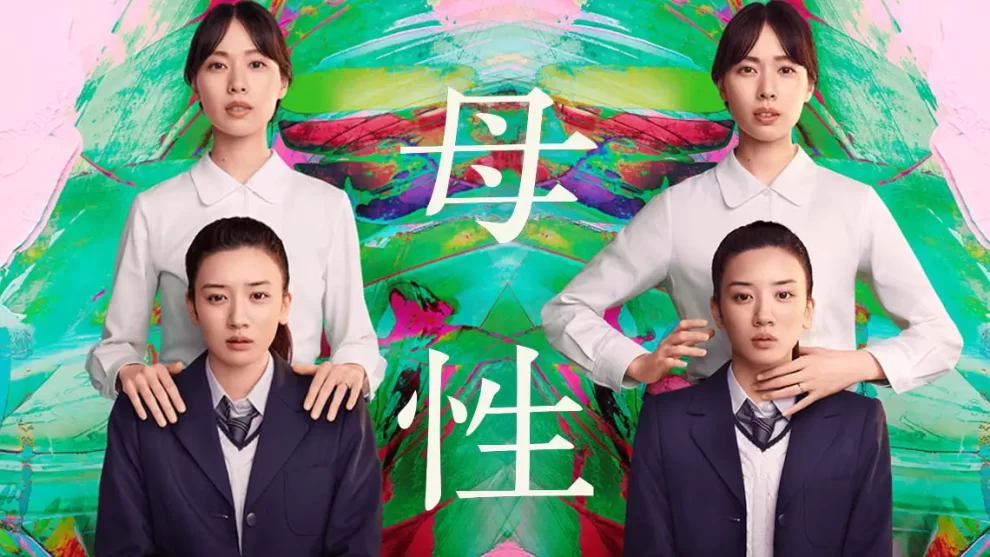The New York Asian Film Festival 2023 or NYAFF was held from July 14 to 30, and this year Nante Japan had the pleasure of reviewing Japanese movies for the event. One of the movies that I chose to watch and review was Motherhood (2022) directed by Ryuichi Hiroki.
This review contains spoilers
From the first seconds of “Motherhood”, we are told through the opening lines of Mei Nagano’s unnamed character that the relationship between the two is not a loving one. “What should I do to make my mother need me? To make my mother love me?” she asks. Without revealing her name, it is revealed that Mei’s character is a detective and is currently assigned to investigate the suicide of a girl who may or may not have killed herself because of her mother. The situation reminds her of her own relationship with mother and the story is then shown through flashback scenes told by both mother Rumiko, who is played by Erika Toda and the unnamed daughter. Dialogues of the same memories in both scenarios are different, actions are also different. It shows how mother and daughter experienced these events differently, thus they both remember them differently. Their lack of communication also made it difficult to understand or even interpret each other’s actions. “Motherhood” was listed as a thriller/psychological drama but ultimately felt more like a melodrama.
From the beginning, it is quite obvious that Rumiko was living her life for the sake of pleasing others. She got married into a loveless marriage just to please her beloved mother, and even had a child for her mother. Despite living in a fairytale house with her husband Tadokoro (played by Masaki Miura) that’s even painted pastel pink on the outside with blue wallpaper on the inside, there’s no signs of a happy ever after for them. Flowers are everywhere but the blossom of love seems to only be between mother and daughter. Her relationship with her mother-in-law ends up being difficult and shows contrast between the sweetness she experienced with her actual mother.
In its 116 minute runtime, “Motherhood” attempts to explore topics such as parental relationships, generational trauma, emotional abuse. Three generations of women who are mothers and daughters are depicted. Mei Nagano’s role as Rumiko’s daughter not having a name for the majority of the film (although it is later revealed that her name is Sayaka) is one of the biggest indicators of how distant the two characters were. Having a name signifies that someone is important and worth respect. To Rumiko, her daughter was nothing more than just a pawn in the life that she was living for someone else. This turbulent relationship with Sayaka was the complete opposite of the relationship she had with her own mother. Despite having different experiences with their mothers, Sayaka and Rumiko have more in common than they think. Both were constantly seeking validation from women (in Rumiko’s case, her mother-in-law) who had no plans to give them any love or affection.
In one scene, Sayaka says “There are two types of women: Mothers and daughters. There are always women out there who want to be treated like daughters.” How to be both a mother and daughter? Is motherhood something you are born with or acquired later in life? Those are the questions being asked. When it is revealed that Sayaka is pregnant, it presents an opportunity for the cycle of abuse to end. Will Sayaka continue the generational trauma of abuse or will she break the chain?
Overall the acting performances by Erika and Mei were strong, and one of the standouts was Atsuko Takahata as Rumiko’s nagging mother-in-law. The combination of two narrations, and a non-linear timeline was interesting to watch. The plot at times was a little overdone, which made things seem unrealistic so maybe a more subtle approach would’ve worked better.
Have any NanteJapan readers seen “Motherhood” yet? Let us know what you thoughts in the comments!



















